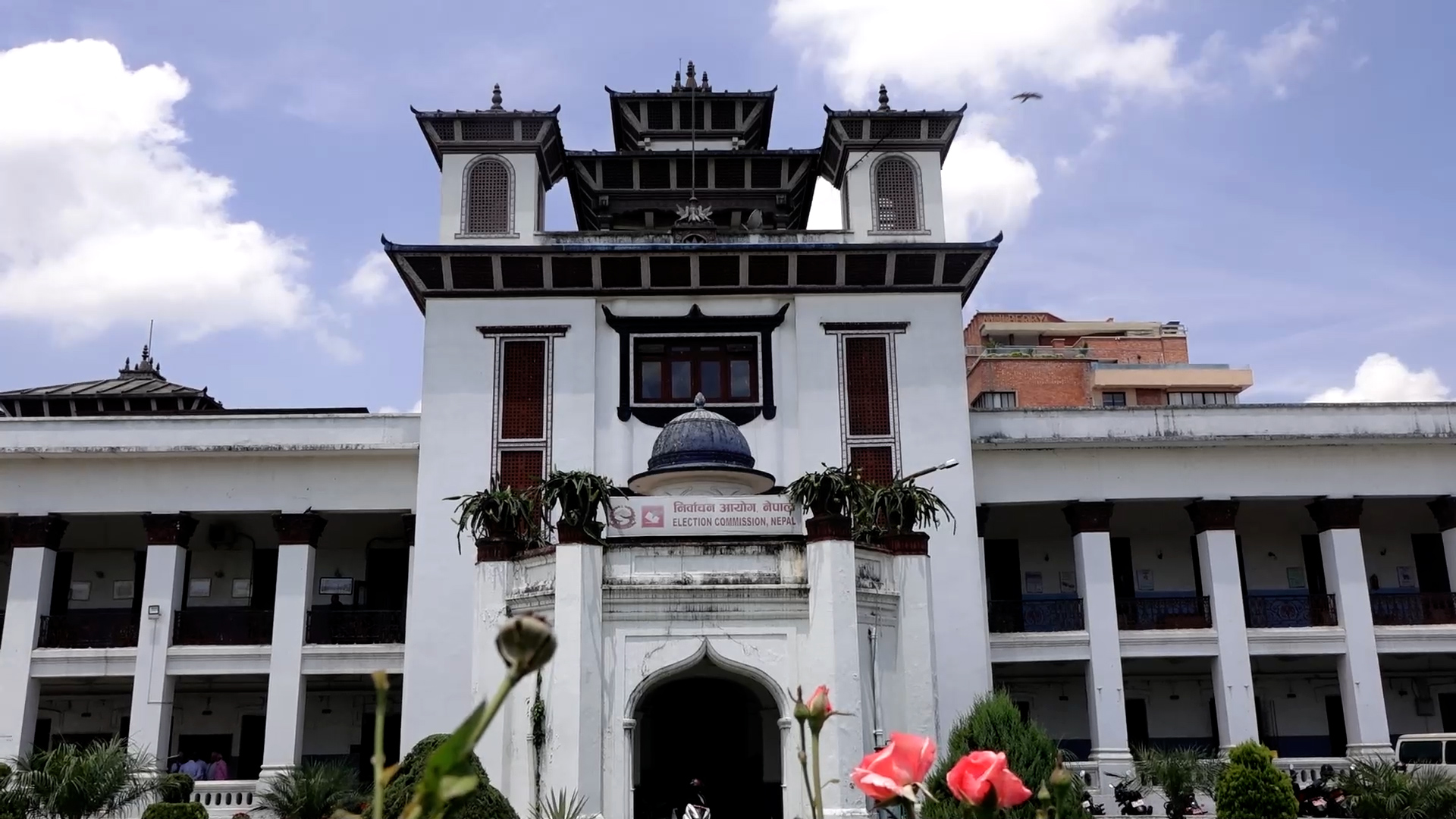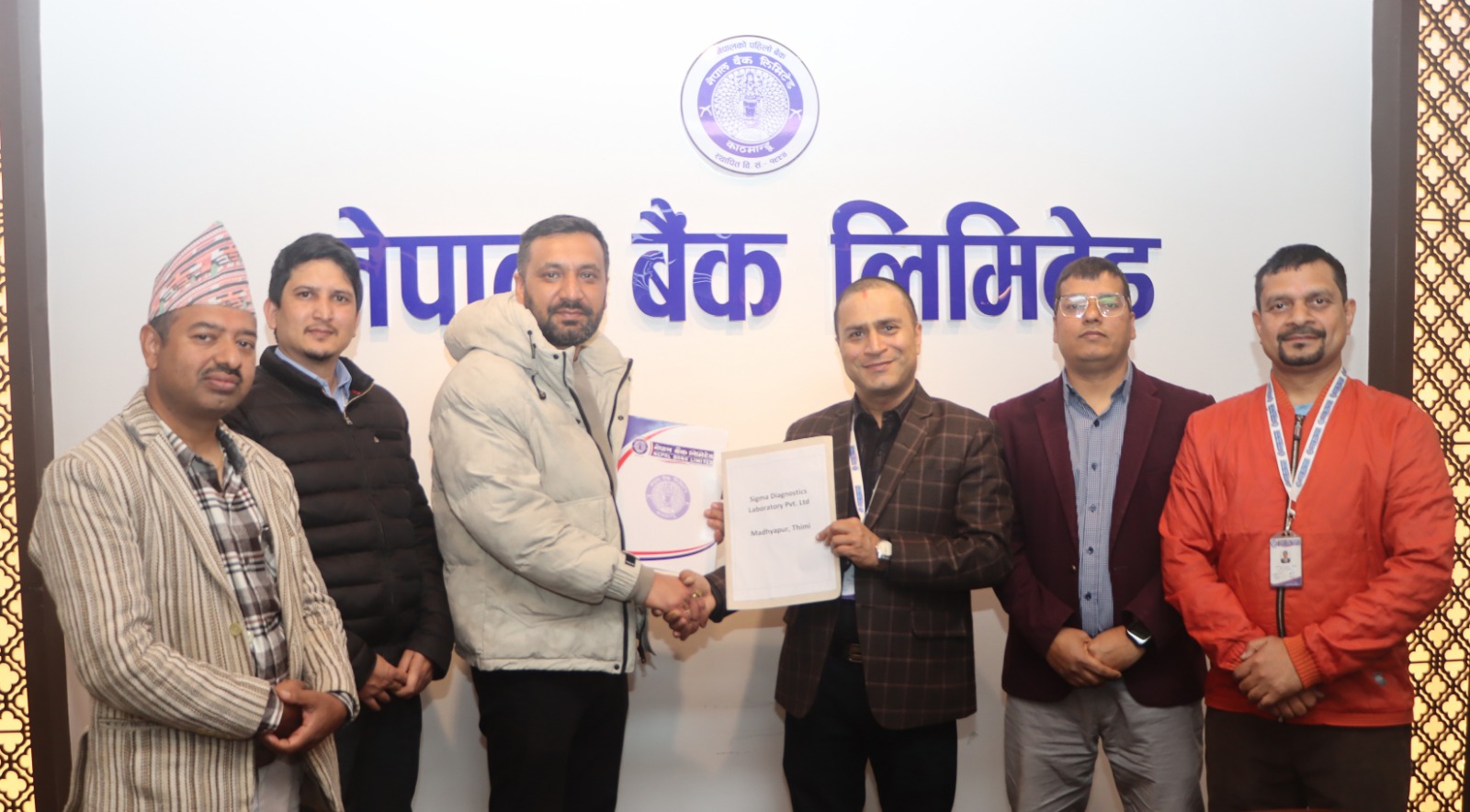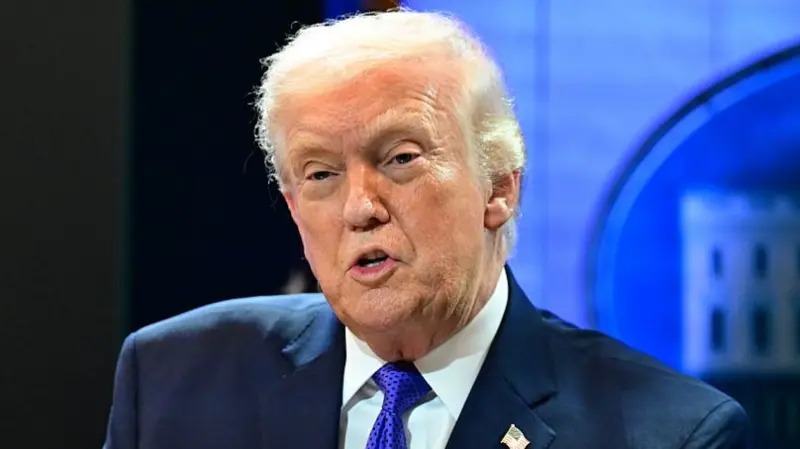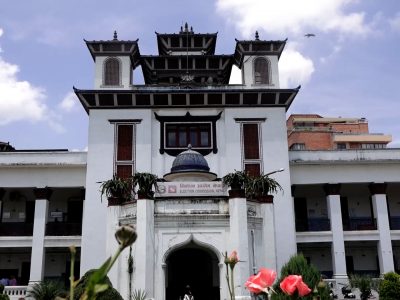Can our government be more responsible and accountable to the people?
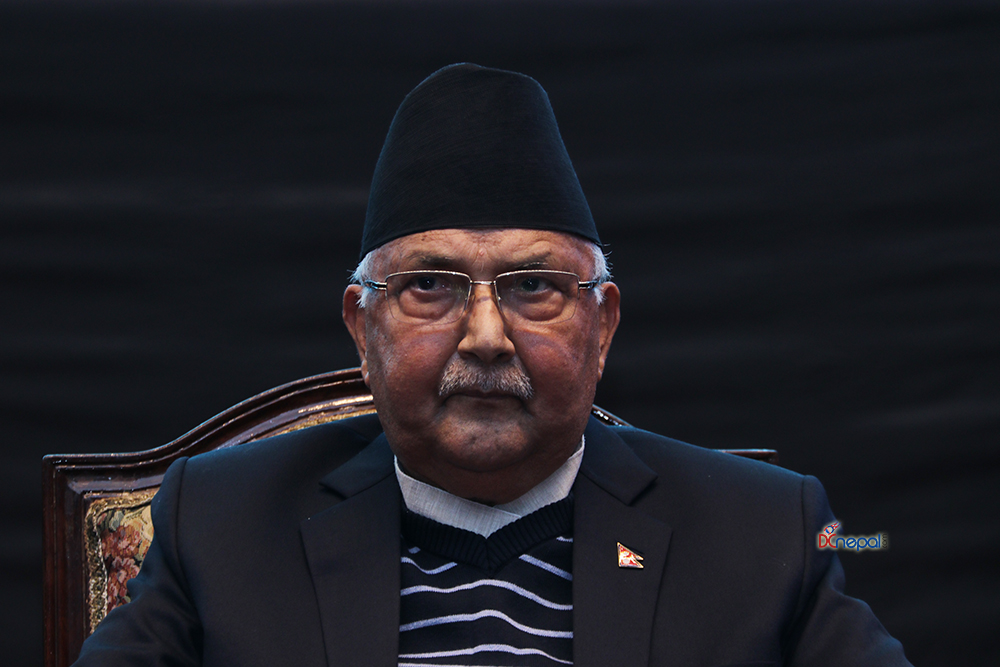
Nepal recorded more than three thousand new cases of the coronavirus yesterday. Ministry of Health and Population spokesperson Dr. Jageshwor Gautam requested people not to visit hospitals for simple cases of common cold and to seek medical help only if someone experiences the sensation to faint or cannot pass urine. This has led to backlash in the social media with people demanding the government to respect their fundamental right to health and not issue such irresponsible guidelines.
As the season is changing, a lot of cases related to common cold, flu and fever are expected to rise in the days ahead. Making things worse, the symptoms for these conditions are often masked with that of the cororonavirus disease. Right to health is a fundamental right of the citizens. Therefore, people would naturally be inclined to seek medical attention at the hospitals. However, casual remarks from leaders and policymakers indicate that the government is not serious towards the well-being of its citizens and not prepared to deal resolutely with the COVID-19 crisis.
Questions can also be raised as to whether the government is trying to shy away from its responsibility in fighting the grave situation created by the pandemic. It can hardly be assumed that government was not aware of the COVID-19 situation getting worse with time. The scenario has become so scary that the hospitals in the capital are not in a position to withstand the flow of the patients. Therefore, it can fairly be surmised that the government did not prepare to deal ably with the impending danger.
In view of the pandemic, the government imposed a lockdown in March which was nearly five months after the virus first appeared in Wuhan, China. The government had more than enough time for upgrading hospital facilities including quarantine centers, isolation wards, intensive units, ventilators and expert manpower considering the first death due to the virus in Nepal took place in May. However, the government decided to augment ten thousand isolation beds in the Kathmandu valley only last month when the total number of coronavirus cases had already reached fifty thousand in the country, and the pandemic had already entered into a stage of community transmission.
The pandemic situation in neighboring India is even worse. The Nepali people had given the benefit of doubt to Prime Minister KP Sharma Oli in order to tackle the crisis in an effective manner. Sadly, the health ministry spokesperson’s lax comments have dampened the morale of the people. Such an irresponsible attitude of policymakers can trigger a public outrage against the government.
The government has also been ineffective in ‘contact-tracing’ of the people infected with the virus. The recklessness of the government can also be exemplified by its decision not to admit such patients to hospitals without the permission of the health ministry.
The coronavirus infection’s chain can only be broken when the ones that have been tested positive are quarantined and the ones who came in their contact are traced and tested. Currently the coronavirus test can be conducted at a cost of two thousand rupees. People usually go for a test only when they suspect they might have caught the disease. If someone’s tests positive, the patient simply gets a message on his mobile and the government feels its job is done.
Those who are conscious and capable will stay in self-quarantine and visit private hospitals but what about those who are ignorant but carry the virus? What about those who cannot afford to get treated at private hospitals? How wildly can the virus spread in absence of contact-tracing?
The government seems to have no answer to these types of question. Interestingly, the government has been able to follow-up and conduct contact tracing on those who are close to the power center. The advisors and personal secretary of the prime minister have been infected with the virus and they are receiving regular follow-ups. The swab testing of all the members of the prime minister’s office has been conducted on Wednesday by the condition of general public is far different from this. They are neither getting proper follow-ups nor there is any enthusiasm for tracing their contacts.
The way the crisis has been handled clearly shows that the ones in power or close to the power centers are least bothered about the welfare and plight of the people. The inaction at the government level is an utter disregard of the people’s fundamental right to health. It also shows the government’s apathy to the importance of the lives of its citizens.
The government should serve the aspirations of the people. If it is not able to do good for the majority of the people, it loses the moral right to stay in power. Considering the grave situation that the country is facing, the government should be more responsible and accountable to the people.
Facebook Comment
latest Video
Trending News
- This Week
- This Month



